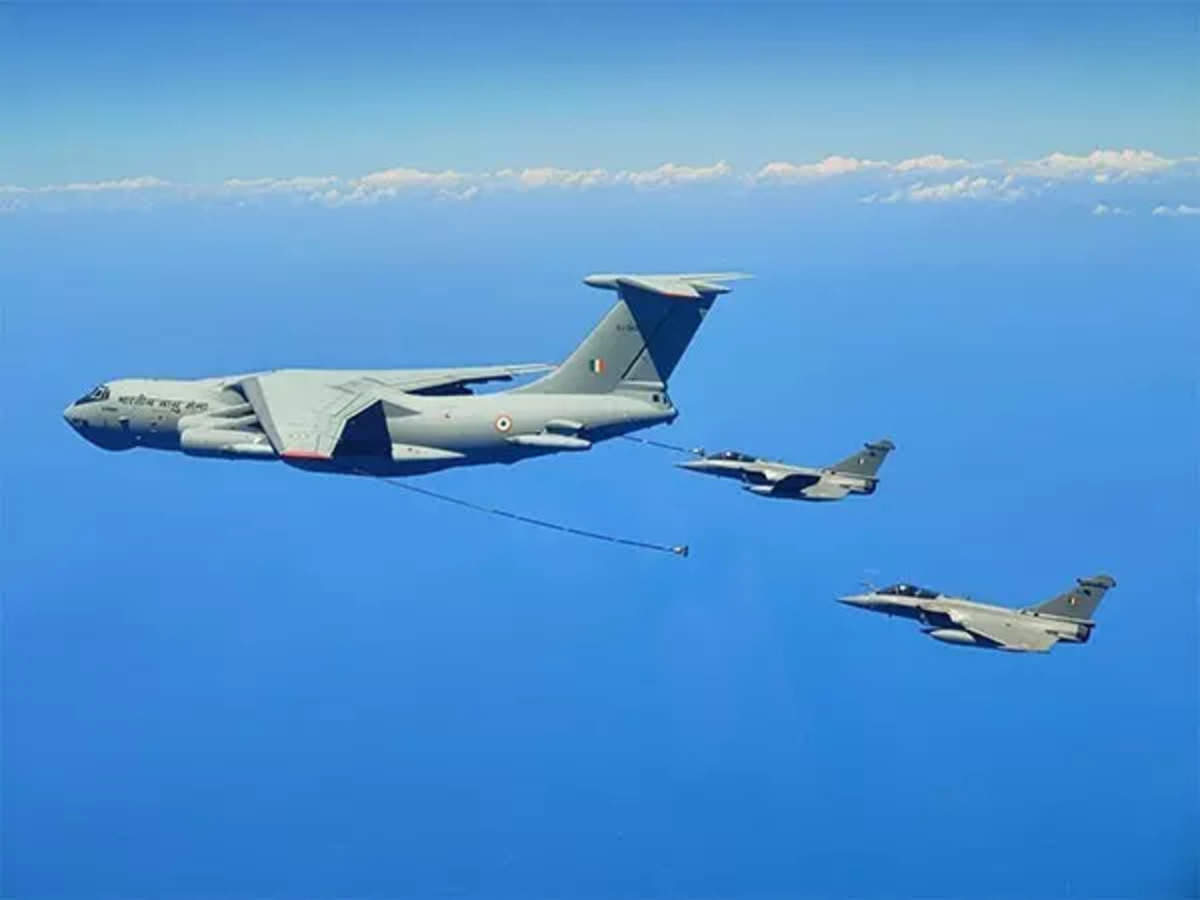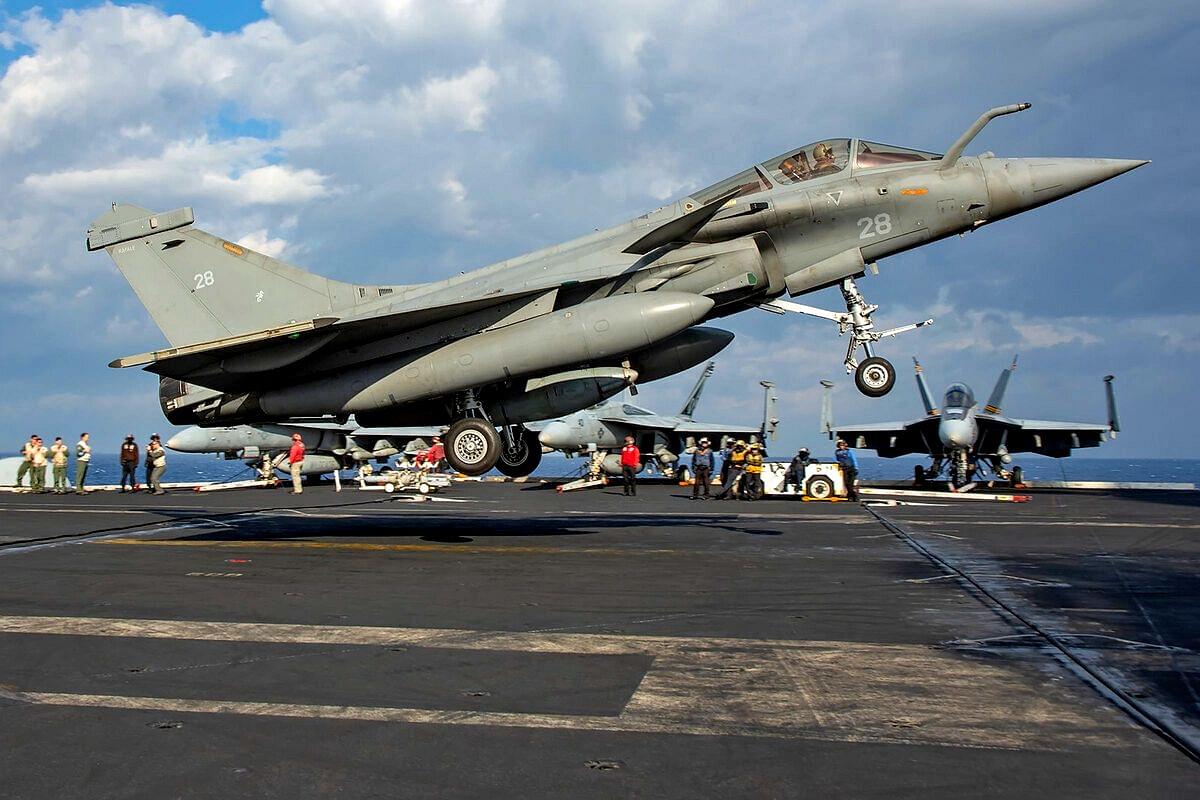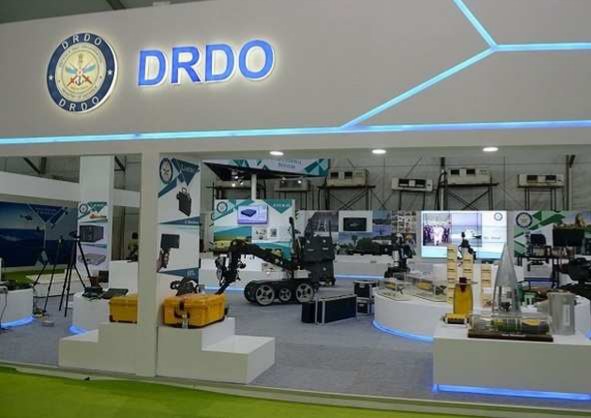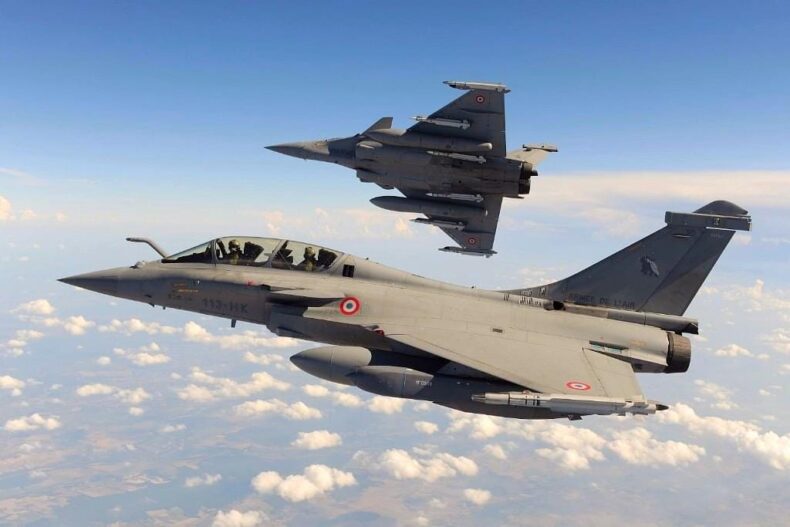India and France’s plans for the acquisition of 26 Rafale Marine combat jets and three Scorpene submarines have hit a temporary roadblock as negotiations on technical and commercial aspects of the deals are yet to be concluded. The Defence Acquisition Council (DAC) gave its clearance for the Indian Navy’s proposals on July 13, coinciding with Indian Prime Minister Narendra Modi’s visit to France. However, the absence of formal announcements during the visit has raised questions. In this article, we explore the reasons behind the delay and shed light on the ongoing negotiations between India and France.

India’s defence acquisition plans involve procuring 26 Rafale M jets and three Scorpene submarines from France. The DAC’s approval is a significant step towards realizing these acquisitions, which are crucial for bolstering the Indian Navy’s capabilities. The Rafale M jets and Scorpene submarines will enhance India’s maritime strike and defence capabilities, positioning the nation as a formidable force in the region.
Clear intent for the acquisition
Despite the absence of announcements during Prime Minister Modi’s visit, sources close to the matter emphasize that India remains committed to acquiring the Rafale M jets and Scorpene submarines. The absence of the two deals in the 25-year roadmap issued after the visit should not be seen as a lack of intent. Both countries are now focused on finalizing the technical and commercial aspects before signing the definitive contracts.
Negotiations and key players
The negotiations for the Rafale and Scorpene acquisitions will be conducted by entities on both sides.

French firms, along with the Indian Defense Ministry’s Department of Procurement, will work together to finalize the technical specifications and commercial terms of the deals. The involvement of experienced players from both countries ensures that the negotiations will proceed diligently to address any concerns and arrive at mutually agreeable terms.
Preceding agreements and technological advancements
France’s Naval Group and Mazagon Dock Shipbuilders Limited (MDL) have already signed a memorandum of understanding (MoU) to build three Scorpene submarines in India. This agreement builds upon the previous Project-75, under which MDL constructed six Scorpene submarines with technology transfer from the Naval Group. In January, Naval Group also signed another agreement with India’s Defence Research and Development Organisation (DRDO) to fit air-independent propulsion (AIP) systems on the submarines.

These agreements signify the continued collaboration between India and France in naval defence technologies.
India-France Negotiations: Ensuring Optimal Specifications
The negotiations between India and France for the acquisition of Rafale M jets and Scorpene submarines are essential to ensure the best possible terms and specifications for the Indian Navy. The absence of formal announcements during Prime Minister Modi’s visit does not reflect any change in India’s commitment to the acquisitions. Instead, the focus has shifted to detailed discussions between relevant entities to finalize technical and commercial aspects.
The proposed acquisitions hold great significance for India’s defence preparedness in the maritime domain. The Rafale M jets will provide enhanced air superiority capabilities, while the Scorpene submarines will bolster the Navy’s underwater warfare capabilities. By collaborating with France, a longstanding partner in defence cooperation, India can leverage advanced technologies and strengthen its position as a regional security provider.
In conclusion, the delay in announcing the new Rafale and Scorpene deals between India and France should not be a cause for concern. Negotiations are underway to finalize the technical and commercial aspects of the acquisitions. The collaboration between both nations in defence technology transfer and construction signifies a deep-rooted partnership that will benefit both countries in the long run. India’s intent to acquire the Rafale M jets and Scorpene submarines remains unwavering, and the ongoing negotiations will pave the way for the final contracts to be signed, marking a significant milestone in India’s defence capabilities.













